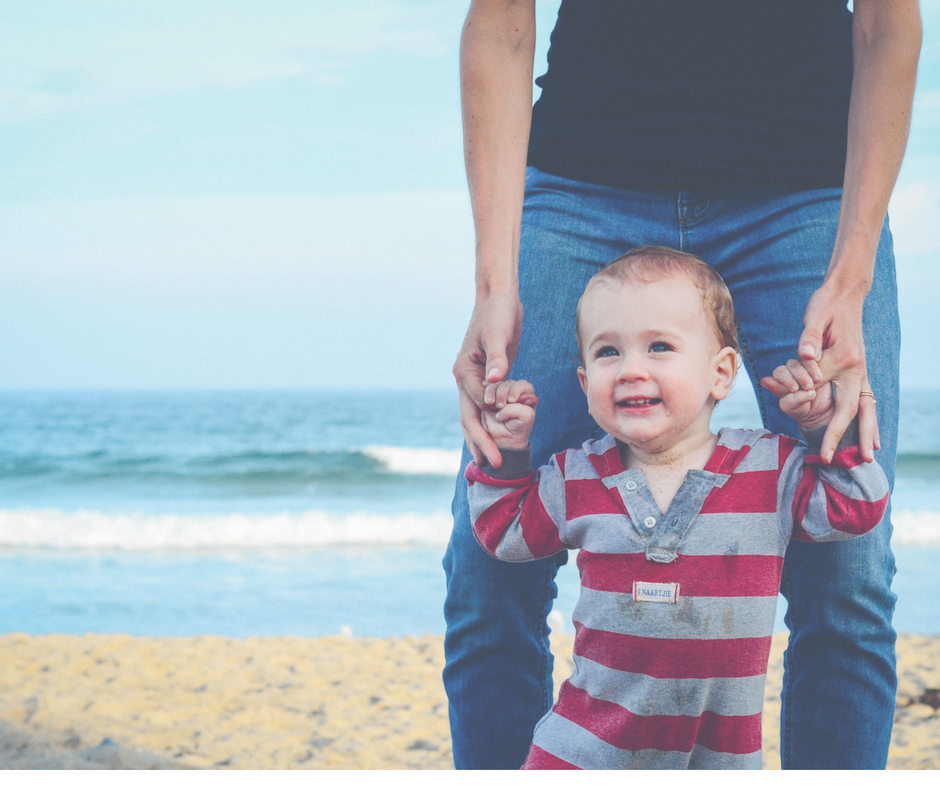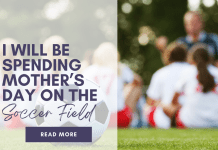 Fourth grade was a difficult year for me. It wasn’t just the social awkwardness (WHY did I insist on wearing my headgear to school?) or the endless battle with long division or even the fact that I kicked off the year by vomiting all over my desk during silent reading time (a lovely performance I humiliatingly reenacted in middle school). No, the real burden of my fourth grade year was that I was placed in the class of the most despised teacher in our school’s history.
Fourth grade was a difficult year for me. It wasn’t just the social awkwardness (WHY did I insist on wearing my headgear to school?) or the endless battle with long division or even the fact that I kicked off the year by vomiting all over my desk during silent reading time (a lovely performance I humiliatingly reenacted in middle school). No, the real burden of my fourth grade year was that I was placed in the class of the most despised teacher in our school’s history.
By the time I was in her class, my fourth grade teacher—let’s call her Mrs. Back—had been teaching well past the point when she should have retired, and any remnant of what might have once been a decent educator had long since vanished. Mrs. Back vacillated between screaming at her students and ignoring us. She gave us ridiculously hard assignments, then chastised us when we asked for help. She forbade all class parties, refused to allow her students to participate in school-wide dress-up days, and demanded complete silence from her class at all times.
Until that year, I’d always loved school, but Mrs. Back sucked the educational zeal right out of me. I cried with my mom on the walk home from school each day, sobbing that my teacher hated me and begging my parents to remove me from her class. My mom and dad were sympathetic to my plight, but refused to get involved. My mom was a regular volunteer in my classroom and was aware of the suffocating environment, yet she also knew that I was emotionally and physically safe, and that sticking out this slightly traumatic year might actually do me some good. And you know what? She was right. My experience with Mrs. Back taught me resilience and patience, how to survive and eventually thrive with a teacher who was immune to my brown-nosing, and most importantly, that a little bit of discomfort was not the end of the world.
Years later, my mom confessed her own reservations with Mrs. Back that had peaked during a hour-long parent/teacher conference in which it became clear to my parents that this teacher had no idea who I was. It wasn’t until the end of the hour, when Mrs. Back showed my parents a report card filled with D’s and F’s (when my mom knew I hadn’t received a test grade less than an A all year), that they pointed out she must have me confused with another student. My mom reported the incident to the principal, who agreed to carefully monitor Mrs. Back’s conduct in the future and offered to pull me from the class. But my parents knew that ultimately, I needed a year of resilience training more than I needed to be rescued. They never mentioned the incident to me, not until I was an adult, and while I never felt unheard or unsupported by my parents in that year, I had no reason to believe they had any qualms about my teacher. Their inaction, though difficult for all of us at the time, proved to be in my own best interest as that year taught me more than any kind-hearted teacher could have about bravery and perseverance and grit.
+ + +
Now that I’m a mother myself, I can see the courage in my parents’ restraint. We moms are wired to protect our children, and any threat (even trivial ones) to their comfort or well-being can evoke a powerful, visceral response. Often this response is warranted. We are our children’s primary protectors and our role demands that we shield them from harm, especially in their earliest years. But it’s easy for our protective instincts to get out of hand; we mamas can become so focused on keeping our birdies safe in their nest that we forget to teach them how to fly.
In an interview with NPR, Jessica Lahey, author of The Gift of Failure, addresses the core of today’s overparenting crisis, noting that “kids are anxious, afraid and risk-averse because parents are more focused on keeping their children safe, content and happy in the moment than on parenting for competence.” Our society’s obsession with academic and athletic success fuels this problem as we become more concerned with outcomes than with the well-being of our children, ultimately sacrificing learning in favor of grades and test scores, and jeopardizing our kids’ physical health in order to produce high-caliber athletes.
In the same interview, Julie Lythcott-Halms, author of How to Raise an Adult, adds that “we parents are overprotecting, overdirecting and doing a lot of hand-holding, ostensibly in furtherance of kids’ safety—physical, emotional—and security—emotional, academic, reputational, professional, financial. But also in furtherance of our own ego.” That’s a hard pill to swallow, but I see the truth in her statement: in this digital age, when social media has given us all a platform on which to showcase our own carefully curated images, there is added pressure to uphold the illusion of perfection—and sadly, that often extends to our children. We overparent because we are afraid of how our kids’ failures, or perceived failures, may reflect on us. Our parenting decisions are driven by fear rather than love, and when fear takes the wheel, everybody loses.
+ + +
Before becoming a mother, I thought I would follow in my own parents’ footsteps of being involved but not overprotective. I never wanted my children to doubt my loving, concerned presence, but I refused to dip into helicopter territory. As a teacher, I had dealt with my share of hovering mothers and vowed that would never be me.
Now, four years into this parenting gig, I’m finding that the lure of overparenting is not so easy to resist.
Not only do I feel personal and societal pressure to make life happy and painless for my son, I have also found that it’s often easier to do things for him rather than requiring him to do them himself. I frequently rescue him unnecessarily, and I regularly go out of my way to appease him when we both would have been better off if I hadn’t. To top it off, it’s HARD to see him cry, so I occasionally give in to his demands for assistance or attention—even when I know that my intervening is curtailing his independence.
With twins due this fall, I’m beginning to notice and question my own overparenting ways. It has been easy to coddle my only child, but looking ahead to his becoming an older sibling, I recognize a number of unhealthy habits and practices (some his, mostly mine) that need to change in order to prepare him for big brotherhood and, more importantly, for life. I know this will require quite a bit of practice, prayer, and patience as I work to strike a balance between overparenting and under-involvement . . . because one is not the antidote to the other.
Hear me out on this mamas: overparenting is NOT the same as being an invested, nurturing, attentive parent. Our children need our unconditional love and support. They need a loving, structured home environment and emotionally stable parents. They need to know that their concerns matter to us, and that we will always be there for them when they need us. They need to feel safe in our presence, and trust that we will do our best to shield them from unnecessary harm. But they do not need us to rescue them at every turn.
Our kids might get a little shaken up by life. They may endure a few battle wounds, and at the time they might resent us for letting them fall. Goodness knows that watching their failures will hurt our hearts too. But ultimately, their scars will make them stronger. If we truly want what is best for our kids, we need to be brave enough to step back and let them spread their wings. Only then will they be able to soar.









